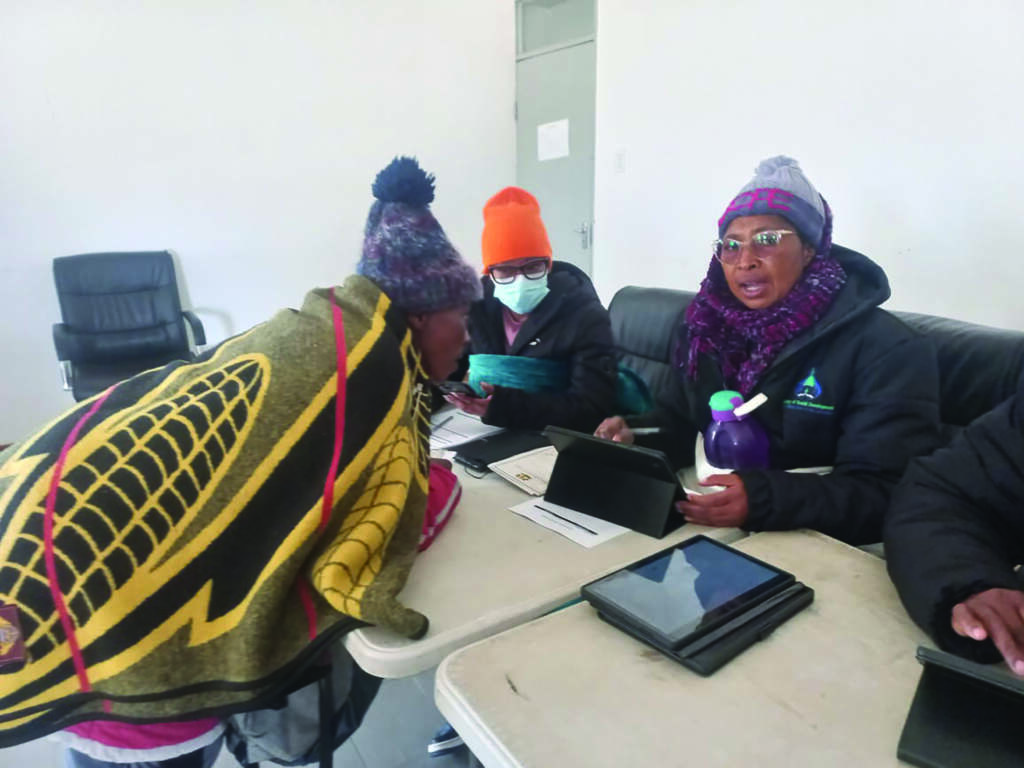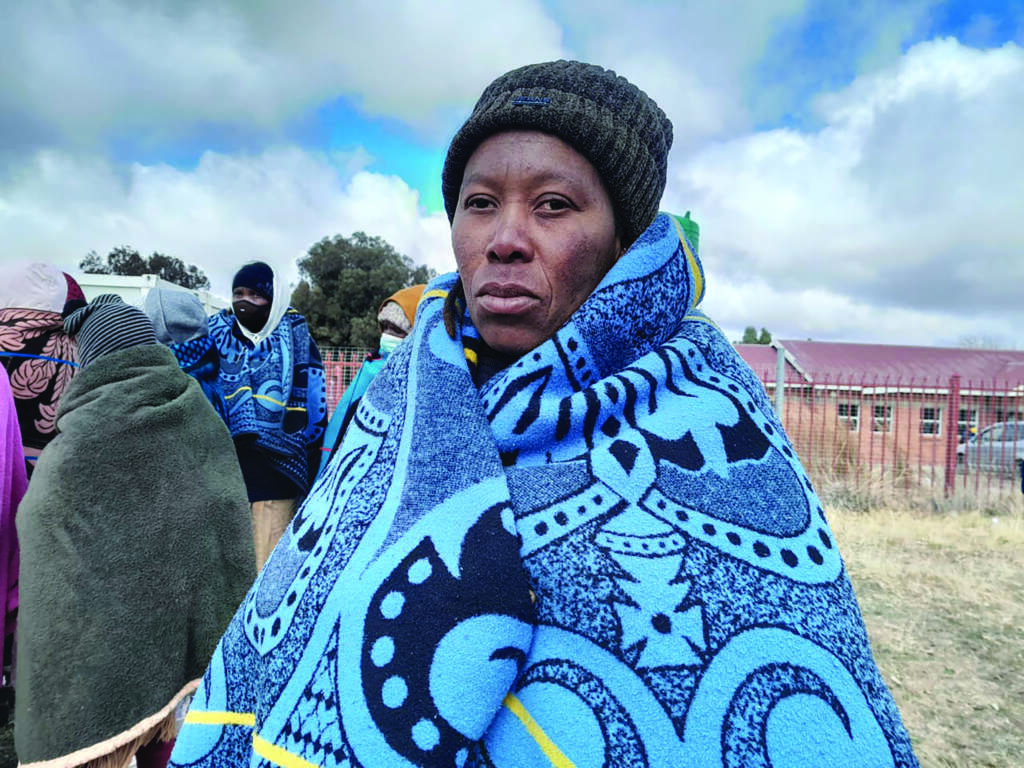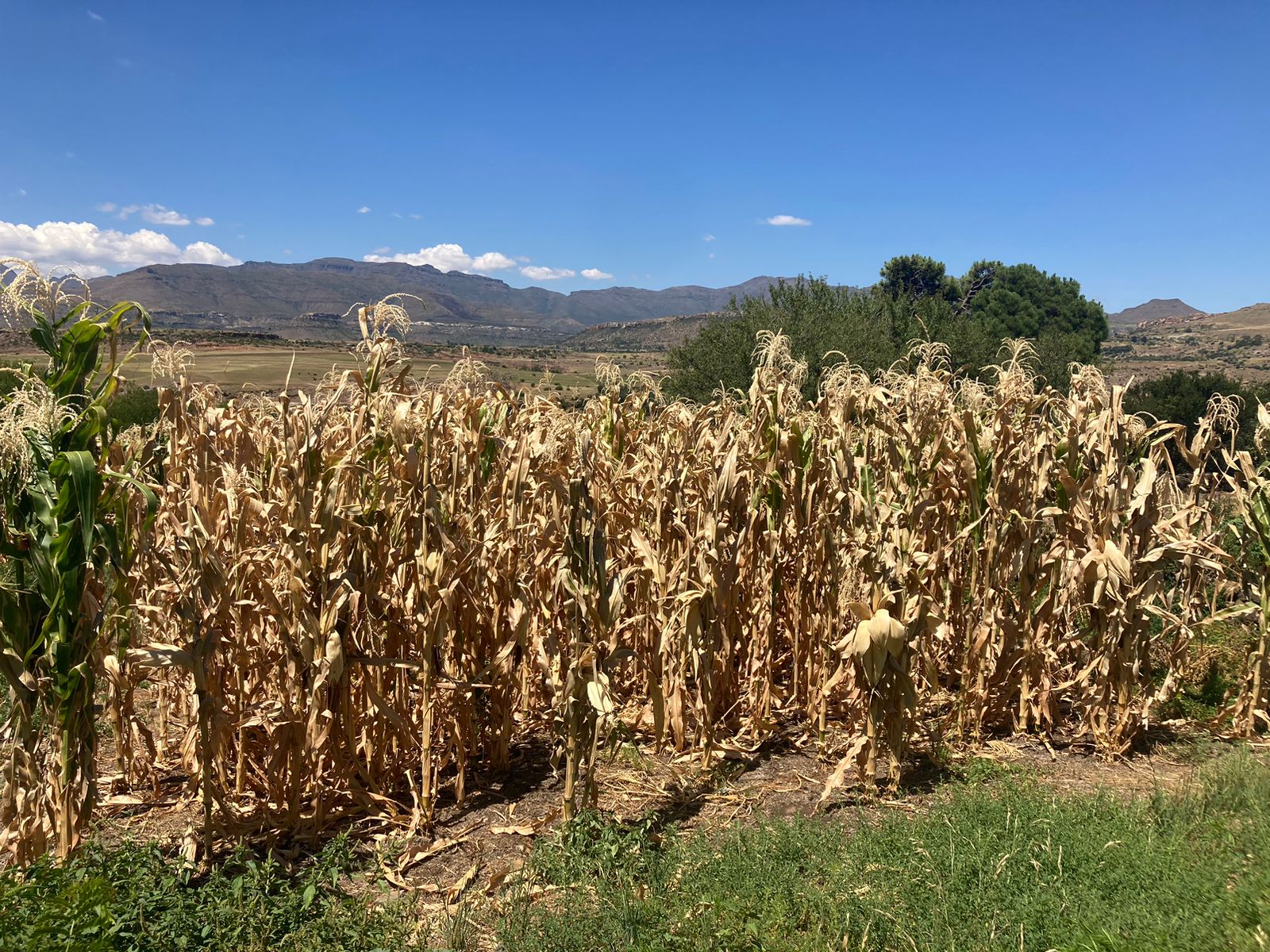Ntsoaki Motaung
The Ministry of Gender, Youth, and Social Development in Lesotho has rolled out a new mobile payment system for grants aimed at benefiting vulnerable families across the country.
This initiative, introduced to enhance convenience and accessibility, has garnered mixed reactions from beneficiaries.
According to the ministry, the mobile payment system intends to ensure that beneficiaries receive their grants without the need to travel long distances or face harsh weather conditions.
Mohatla Ranko, a beneficiary from Sekameng Ha Rantai in Mafeteng, expressed relief at the prospect of receiving grants more conveniently.
“Mobile payment will save many people from their different challenges,” Ranko stated. She highlighted the financial strain of traveling to Metsi Maholo council to collect grants. “When we use a taxi to Tšakholo, we spend at least M100 on transport and food, funds we are told are for addressing children’s needs.”
However, not all beneficiaries view the mobile payment system positively.
‘Makarabo Makhakhe, a 70-year-old from Ha Maine, raised concerns about the inconvenience it poses for older citizens unfamiliar with mobile technology.
Makhakhe explained that she anticipates increased cases of elderly persons reporting that their money was stolen from their phones and expressed uncertainty about where to address queries regarding the funds.
Similarly, ‘Makananelo Ntjantja from Upper Thamae, Maseru, voiced concerns about the impact on local businesses.
Ntjantja, who relies on selling clothes at pay points, highlighted the challenges posed by the shift to mobile payments.
She urged the government to thoroughly review their plans before implementation to assess how different people would be affected and to seek their opinions.
She remarked: “The introduction of mobile money is a good idea to some extent, but it isn’t working for us. Not only are we facing challenges, but some beneficiaries are as well. Some do not know how to use phones, others have had their money stolen by those they trusted to assist them, and some have lost their SIM cards intended for receiving funds.”
Auxiliary Social Worker, Mpho Mohlomi of the Ministry of Gender, Youth and Social Development in Mafeteng, explained that the initiative was launched in 2022, starting with three community councils.
Mohlomin said the initiative allows beneficiaries to receive money in the comfort of their homes and avoid queuing all day.
She highlighted additional benefits, stating: “It also aims to protect beneficiaries from harsh weather conditions and potential attacks during travel to and from pay points.”
Mohlomi noted that awareness campaigns were conducted to educate people about the use of mobile money.
Mohlomi also outlined some challenges facing the initiative including, beneficiaries providing wrong mobile numbers while others still do not want to register for the mobile money payment.
Summary
- The Ministry of Gender, Youth, and Social Development in Lesotho has rolled out a new mobile payment system for grants aimed at benefiting vulnerable families across the country.
- According to the ministry, the mobile payment system intends to ensure that beneficiaries receive their grants without the need to travel long distances or face harsh weather conditions.
- Auxiliary Social Worker, Mpho Mohlomi of the Ministry of Gender, Youth and Social Development in Mafeteng, explained that the initiative was launched in 2022, starting with three community councils.

Your Trusted Source for News and Insights in Lesotho!
At Newsday Media, we are passionate about delivering accurate, timely, and engaging news and multimedia content to our diverse audience. Founded with the vision of revolutionizing the media landscape in Lesotho, we have grown into a leading hybrid media company that blends traditional journalism with innovative digital platforms.








